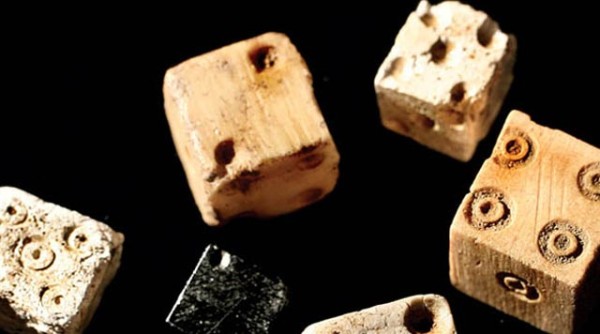 Should the government get involved with gambling on sports?
Should the government get involved with gambling on sports?
Federal law currently allows sports gambling in only four states—Delaware, Montana, Nevada and Oregon.
Technically, everything from offshore web-based bookmakers to the ubiquitous March Madness office pools is part of a huge black market worth billions of dollars every year.
Today the ban is being questioned on multiple fronts, including a court challenge by the state of New Jersey claiming the law is unconstitutional.
Second-year NBA Commissioner Adam Silver has supported legalization, reversing the league’s long-standing opposition to bookmaking. He favors regulation of sports betting, which he says would make easier to expose corruption like point shaving or game fixing.
Critics suspect that advocates like Silver are more interested in finding new revenue streams than protecting the integrity of their sports.
The current law appears to have driven most sports betting underground. But the larger question is whether citizens should be free to gamble however they please, or if there needs to be regulation that establishes specific rules and a level playing field.
The founding generation of Americans loved to gamble. The friendly wager was a familiar part of colonial life, and much like today, public lotteries were regulated and ostensibly served some community purpose.
Horse racing was especially popular in colonial times. Races were a regular part of the schedule in Williamsburg during “Publick Times,” when planters and merchants from all over the colony arrived for court sessions.
The dangers of gambling were not unknown: In 1753, John Custis, a Williamsburg butcher, was found dead in his bed. The Maryland Gazette reported had had lost all his money gambling and had committed suicide.
A penchant for high stakes gambling cost William Byrd III most of his inherited fortune. Like Custis, he took his own life at the age of 48.
While gambling was popular, many founders viewed it as a vice to be avoided. In a letter to his nephew Bushrod, George Washington called it “the child of avarice, the brother of iniquity, and father of mischief.”
Thomas Jefferson wrote, “Gaming corrupts our dispositions, and teaches us a habit of hostility against all mankind.”
Even if we agree with such assessments, should individuals be free to decide if betting is a vice? Does it depend what we’re betting on? Is there a test for figuring out what is the government’s business and what isn’t?
Read More
Gambling: Apple-Pie American and Older than the Mayflower
Once Popular and Socially Acceptable: Cockfighting

Leave a Reply